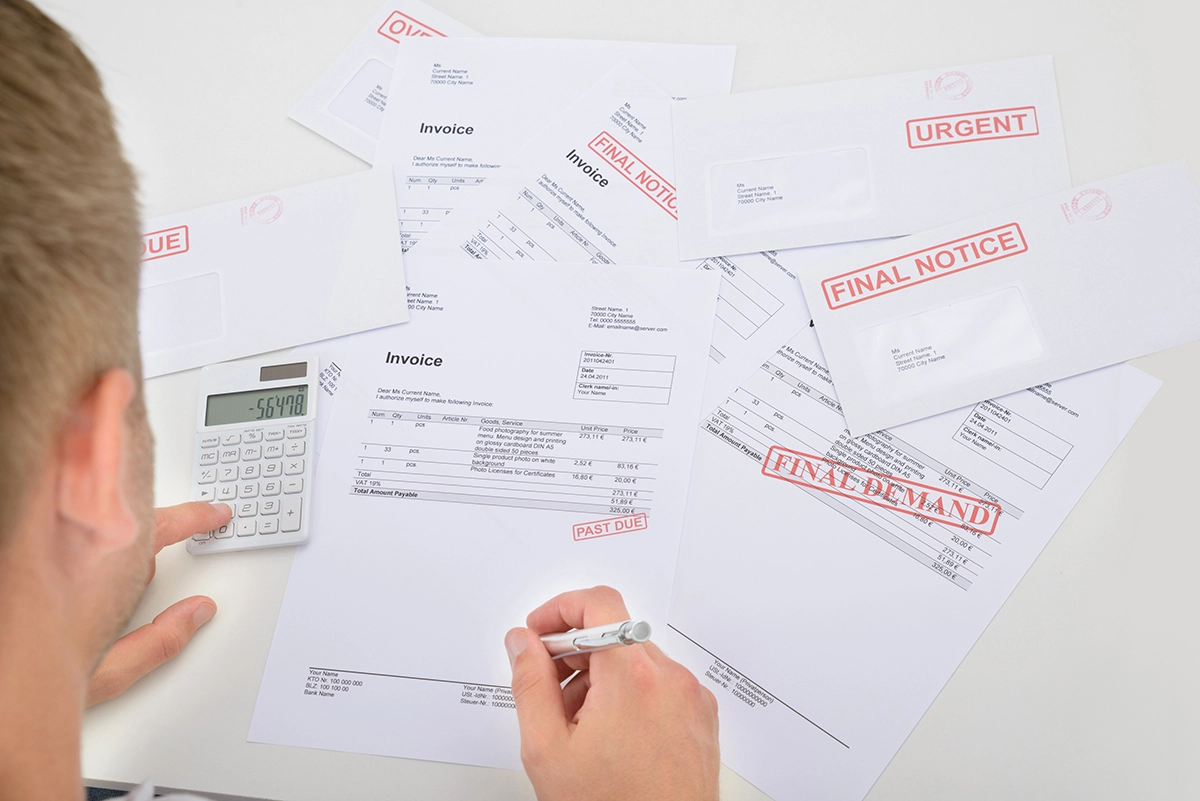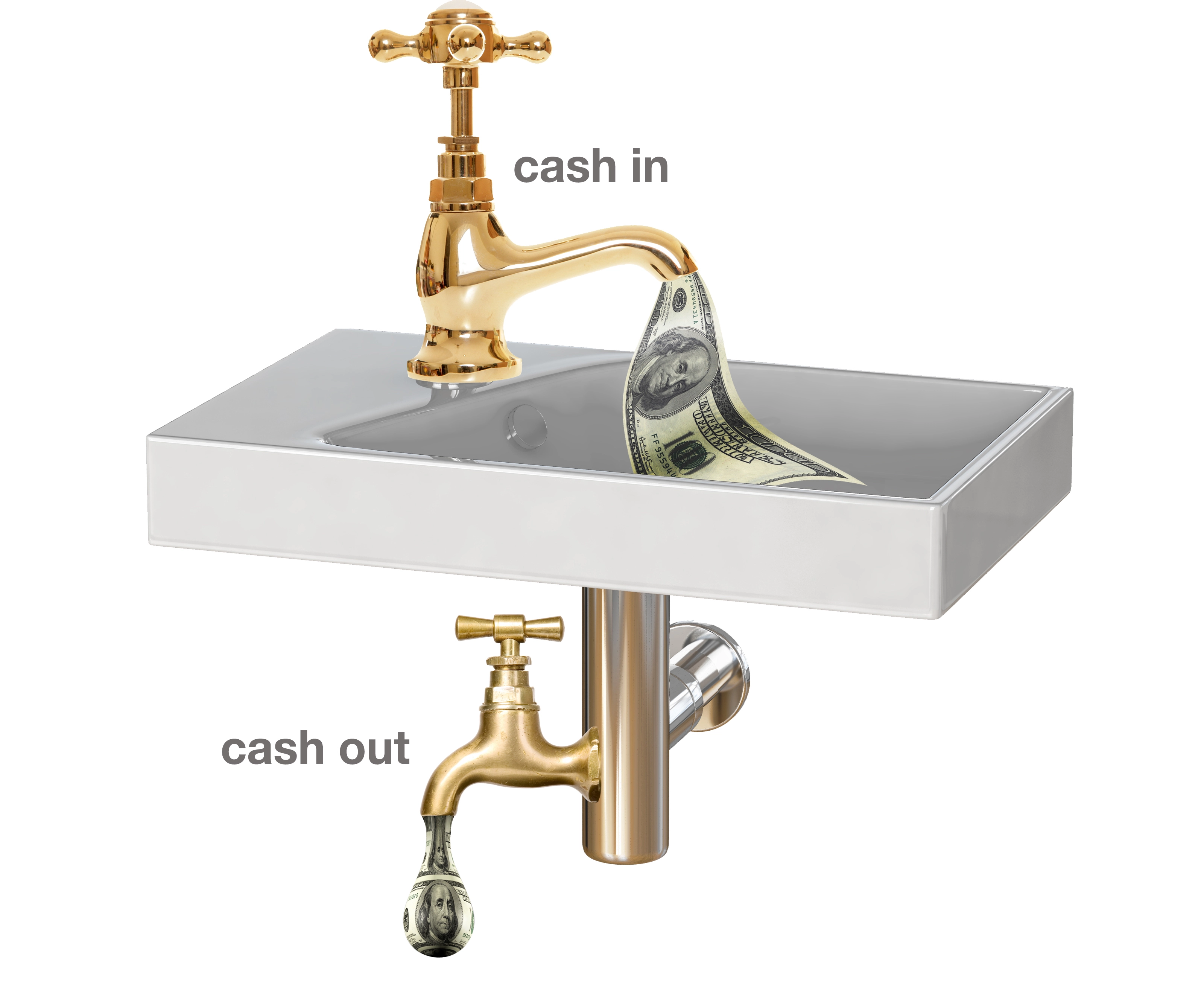This calculation will help you determine when a supplier's discount is your best option.
You'll often see terms from your suppliers that give you an incentive to pay their invoice early. This incentive is usually a one or two percent discount when you pay the bill within a certain number of days. The question that normally races through your mind is: Is taking a discount good for me?
To answer this question, you must balance the difference in your cost of money (i.e. what interest rate you can borrow at) with the value of the money when you take the discount.
In general, assuming you have the cash flow or can use your line of credit, you should take advantage of supplier discounts of 1% or better when full payment is due in 30 days. If payment is not due for more than 30 days (i.e. payment in 45 or 60 days) the calculations show that you should probably not take the discount and pay in full according to your suppliers' terms.
Conceptually, when a supplier offers you a discount for payment in 10 days (full payment is required in 30 days), that supplier is borrowing money from you for 20 days. You determine the annualized interest rate that you are actually earning. Then you compare this earned interest rate to the interest rate you pay to your bank for borrowing the money (assuming that you use your line of credit).
Let's assume that HVACR Supplier A offers you a discount of 1% when you pay in 10 days or requires full payment in 30 days. The interest rate for a short term loan (or on your line of credit) is 8%.
The Annualized Interest from the supplier discount equals:
1%/100%-1% X 365/30-10
= 1%/99% X 365/20
= .010101 X 18.25
= 18.4%
This means that the annualized interest rate earned on the money used to make the early payment is 18.4% percent. Since your cost of borrowing is 8% you should take the discount. This assumes that you will repay the bank the entire amount borrowed!
Suppliers know the value of cash so they often use these discounts to entice your company to pay early. In past years, many new construction contractors negotiated their buying terms, and then when the price negotiations were completed, insisted upon a discount for early payment. Their large profits were dependent on taking these extra discounts.
Whether you should take a discount is totally dependent on the terms of the discount, your cost of borrowing, and plugging the numbers into the formula.
View downloadable copy of the Discount Formula.
Ruth King has over 25 years of experience in the hvacr industry and has worked with contractors, distributors, and manufacturers to help grow their companies and become more profitable. She is president of HVAC Channel TV and holds a Class II (unrestricted) contractors license in Georgia. Ruth has written two books: The Ugly Truth About Small Business and The Ugly Truth About Managing People. Contact Ruth at ruthking@hvacchannel.tv or 770.729.0258.





